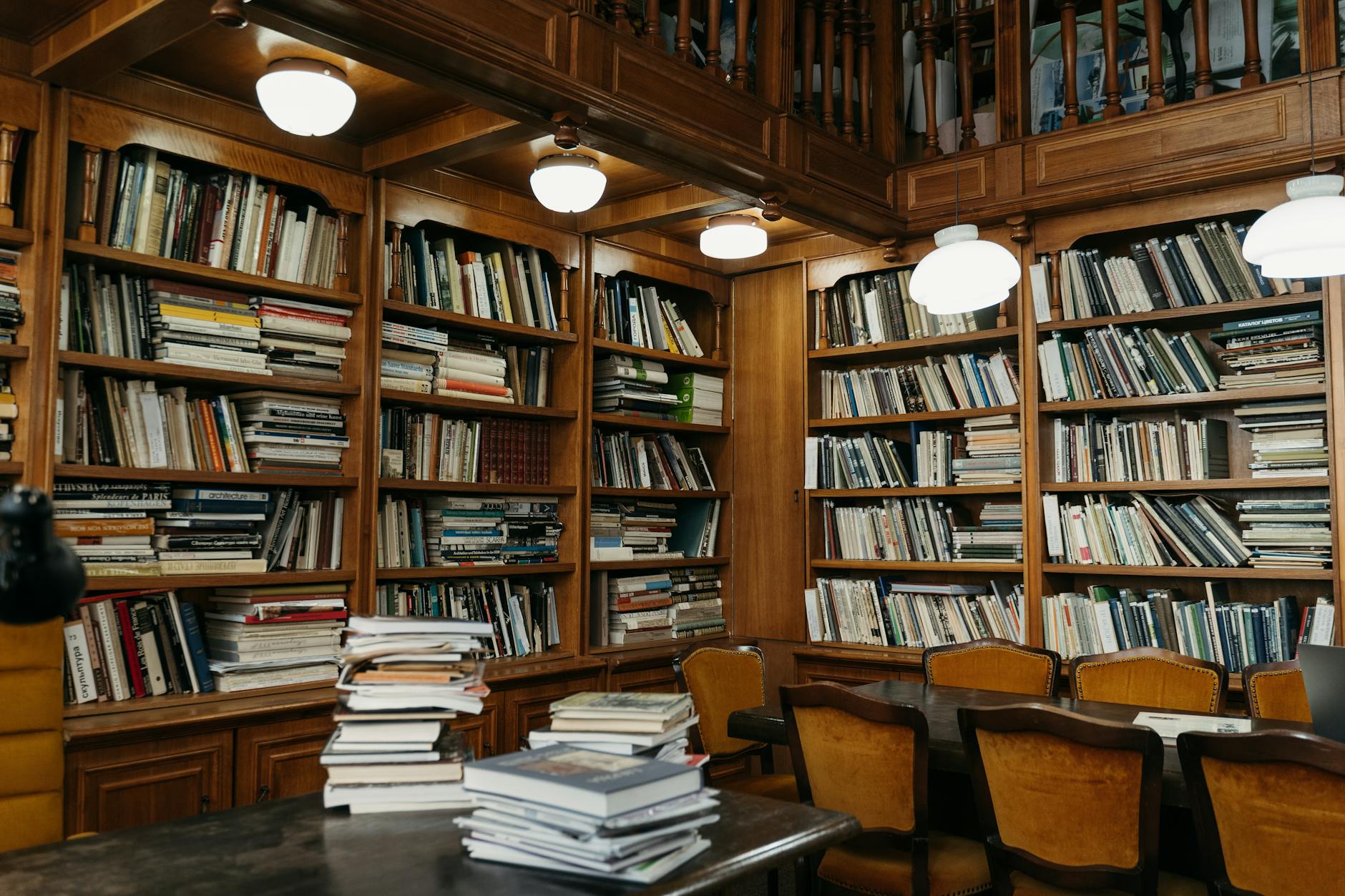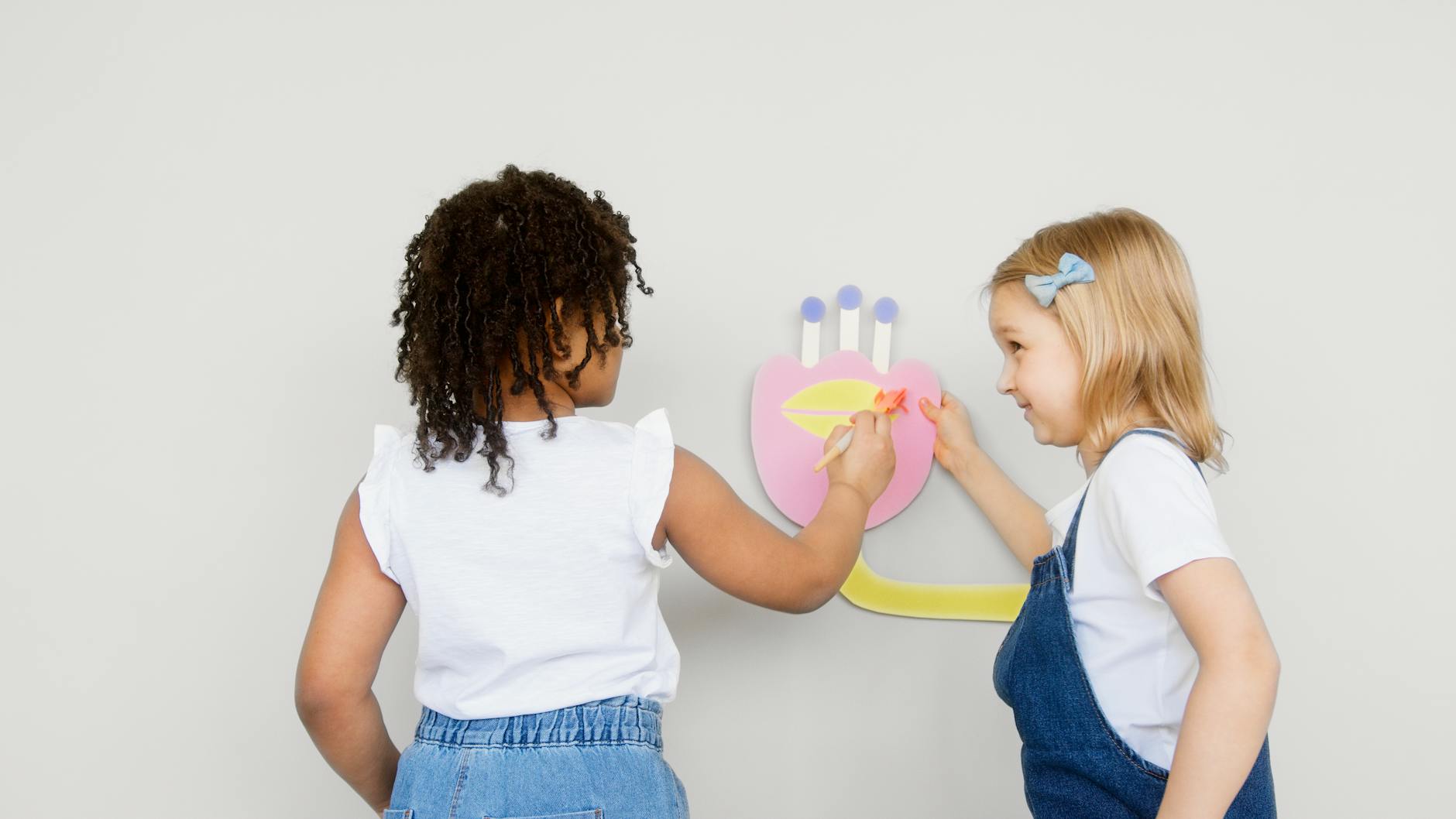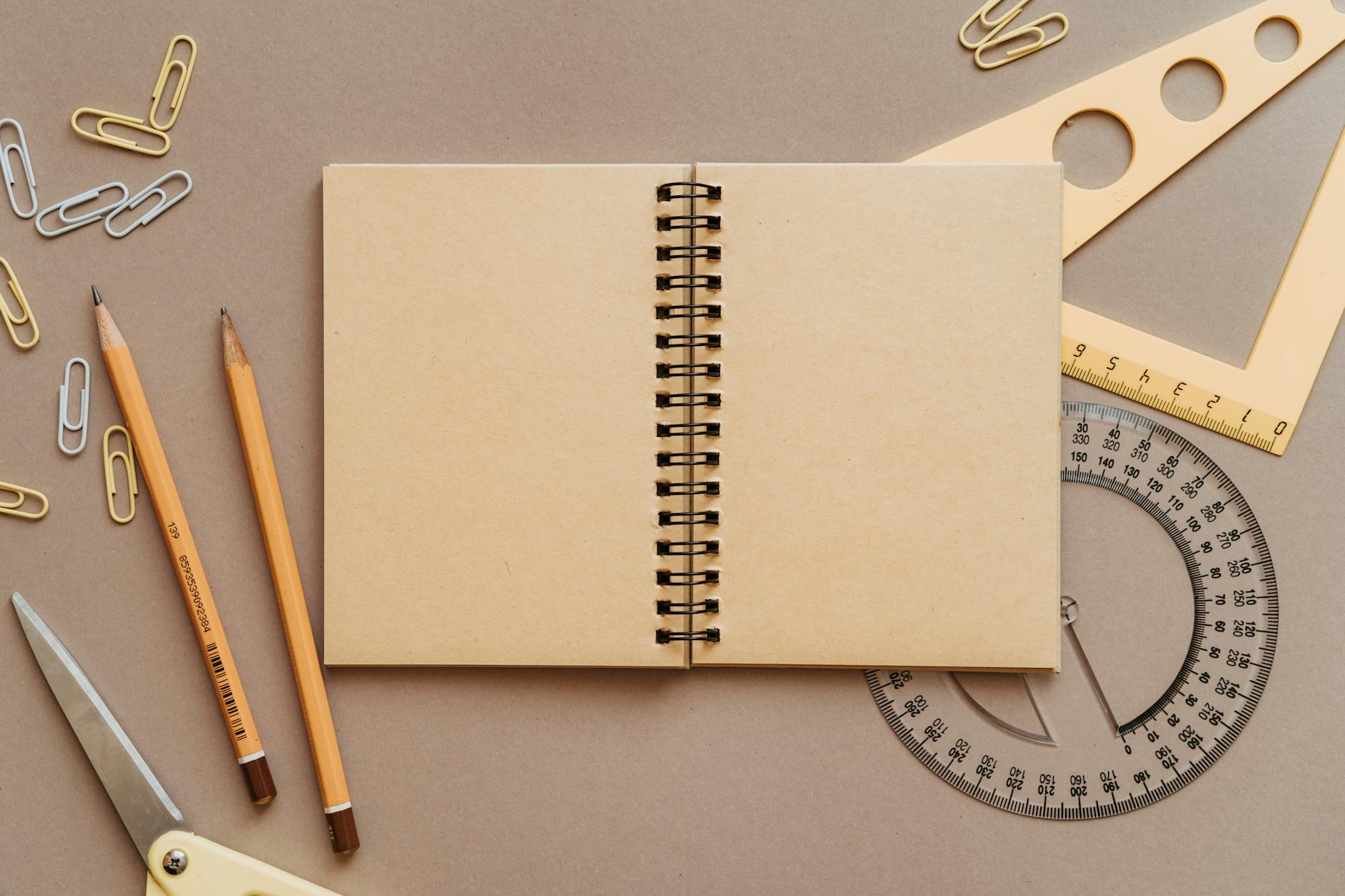How to Discover Educational Experiences in the United Kingdom

Exploring UK Museums
When considering educational and enriching activities, UK museums offer a wealth of opportunities. Being a secondary school history teacher, I often find myself planning outings that serve both as an engaging learning experience and a fun family day out. London, although not local to Liverpool, is a treasure trove of history and culture. If you're searching for date ideas London, why not consider a day at one of the city's renowned museums? This can provide a unique backdrop for exploration while sparking insightful conversations about history and culture.
Insightful History Tours
Taking students or family on a history tour can deeply enhance their understanding and appreciation of past events. Many museums offer guided tours that provide context and interesting anecdotes, making history come alive. Practical teaching tips involve preparing some background material prior to the visit to set the scene for what they will encounter.
Interactive Exhibits for Students
Engaging students with interactive exhibits can be highly beneficial. These hands-on experiences help solidify learning through direct involvement. Encourage children to participate in activities that challenge their thinking and stimulate their curiosity. It’s a practical way to reinforce what they’ve learned in the classroom with real-world connections.
Family-Friendly Art Galleries
Art galleries with family-friendly offerings can also provide a creative outlet for learning. Many galleries curate exhibits specifically designed for children, incorporating storytelling and interactive components. This integration of story and art fosters both cognitive and emotional development, allowing for a well-rounded educational experience.
In Liverpool, we have vibrant cultural landmarks such as the iconic Liverpool Cathedral to inspire a deep love of history and architecture, which can parallel the experiences you might find in London's museums.
Engaging Historical Sites
Castle Day Trips
Stepping into a castle is like opening a book to a thousand stories, each stone whispering tales of old. One of the greatest joys of living in the UK is the abundance of historical castles gracing our countryside. A trip to such a site offers a unique opportunity to explore and learn. By visiting castles like Warwick or Edinburgh, you can delve into medieval life and understand the architectural marvels of yesteryears. Whether you’re marvelling at the battlements or exploring the lush gardens, every visit becomes a learning expedition.
Walking Through Ancient Ruins
There’s something profoundly educational about wandering through ancient ruins, where each remnant reflects a bygone era. From Roman baths in Bath to the remains of Hadrian's Wall, these sites offer a tangible connection to history. As a teacher, I encourage my peers to view these as open-air classrooms where history can be brought to life in ways that textbooks rarely accomplish. Educational experiences like this can be enhanced with experience gift cards UK, making it easier to plan a visit and add value to what might already be a familiar journey.
Immersive Historical Reenactments
Attending historical reenactments bridges the past and present, offering engaging narratives that captivate all ages. These events transform history into an immersive occasion, providing students and families with insights into different time periods. Cultural events at the Liverpool Maritime Mercantile City, for instance, can offer interactive learning that explains trade history and maritime life in fascinating ways. Through these vivid enactments, historical concepts become relatable tales, sparking interest and fostering a deeper appreciation for our rich heritage.
Educational Workshops
Hands-On Archaeology Sessions
Incorporating archaeology into everyday learning can be quite transformative for students and adults alike. Engaging in hands-on archaeology sessions provides a unique opportunity to explore history through tactile interaction. Imagine sifting soil to uncover artefacts that reveal tales of bygone eras. These workshops are a gateway to understanding our past through a tangible connection, echoing the educational approach I've often embraced in my classroom. Whether you're a teacher or simply an avid learner, connecting with history through real-world applications enhances comprehension and retention.
Science Workshops for All Ages
Science holds the power to captivate audiences of all ages, sparking curiosity and discovery. Tailored science workshops can range from chemistry experiments to physics demonstrations that intertwine fun with learning. Such experiences foster a deeper appreciation for scientific principles, encouraging problem-solving and critical thinking skills. As a dedicated teacher, I encourage exploring such workshops which are often rich with content that aligns with educational curriculums, thereby serving as an excellent resource for reinforcing classroom learning in an engaging way.
Creative Cultural Crafting
Engaging in creative cultural crafting activities not only fosters artistic expression but also provides a platform for cultural education. Crafting sessions can cover a broad spectrum, from traditional pottery techniques to creating masks inspired by different cultural festivities. These experiences nurture an understanding of global traditions, encouraging respect and awareness among participants. While crafting, learners can delve into the stories behind various cultural items, similar to the enriching perspectives gained from cultural events at the Liverpool Maritime Mercantile City. It's about transforming creativity into a canvas for education, making cultural appreciation both insightful and fun.
For those near Manchester, cocktail classes Manchester can add an educational twist by delving into historical cocktail recipes and their origins, providing a unique and enjoyable way to learn about cultural traditions.
Overcoming Educational Planning Obstacles
Aligning with the Curriculum
When orchestrating a visit to one of the UK's engaging sites, such as the magnificent exhibitions at the World Museum Liverpool, aligning the experience with the curriculum is vital. It allows students to appreciate exhibits, like the interactive sessions of astronomy that complement science studies. Teachers can use specific sections of the museum to illustrate and expand on topics in the curriculum, such as incorporating artefacts from the Egyptian collections into a history lesson. This provides students a tangible and enriched perspective on their studies while ensuring the outing fulfills educational goals.
Balancing Enjoyment with Learning
Striking the right balance between fun and learning is crucial in any educational trip. Visits to cultural events at the Liverpool Maritime Mercantile City demonstrate how history can be made lively and engaging, capturing the interests of young learners while meeting educational outcomes. Teachers might consider allowing students to engage in role-playing activities or scavenger hunts that challenge them to discover facts and narratives as they explore different sites. As a result, learning becomes an interactive and enjoyable experience.
Aiming for Accessibility for All
Ensuring accessibility is of paramount importance so that every learner can fully participate and benefit from field trips. While exploring options like the iconic Liverpool Cathedral, educators must consider strategies that address the diverse needs of all students, including those with physical or sensory impairments. Teachers should research venues that offer ramps, audio guides, or tactile exhibits to create an inclusive educational experience. By striving for such accessibility, all students can take away valuable learning, no matter their individual needs, ensuring their participation is as rewarding as that of their peers.


